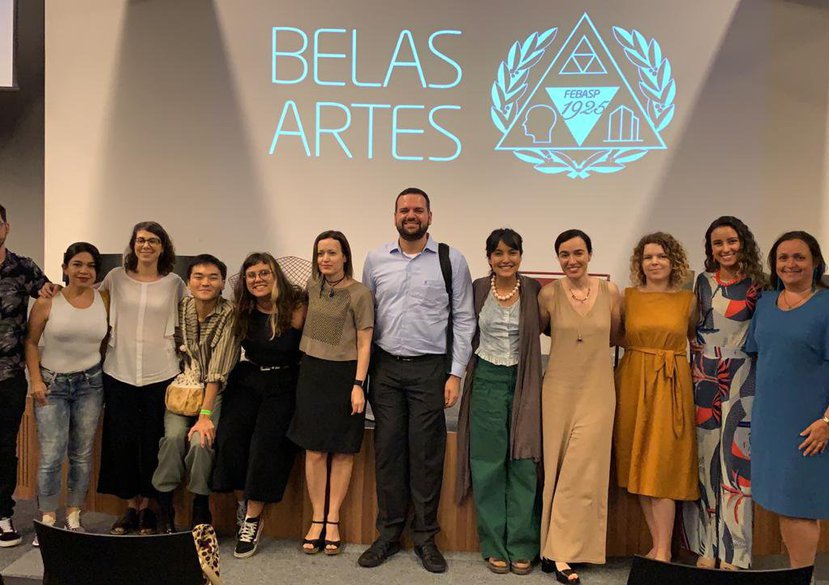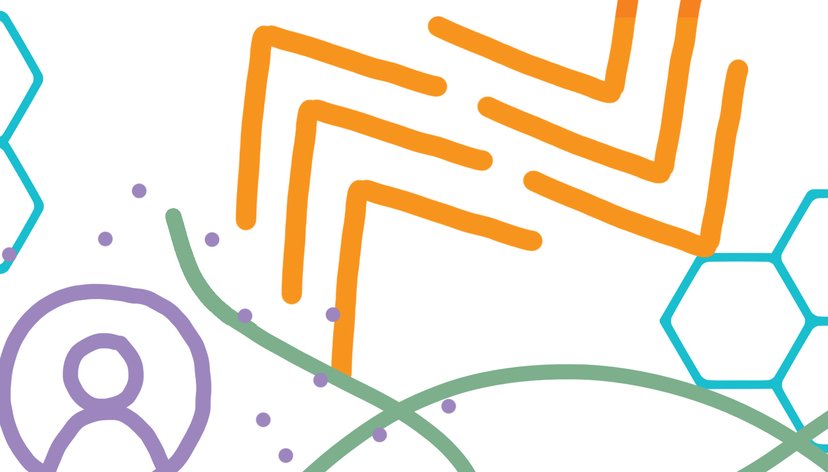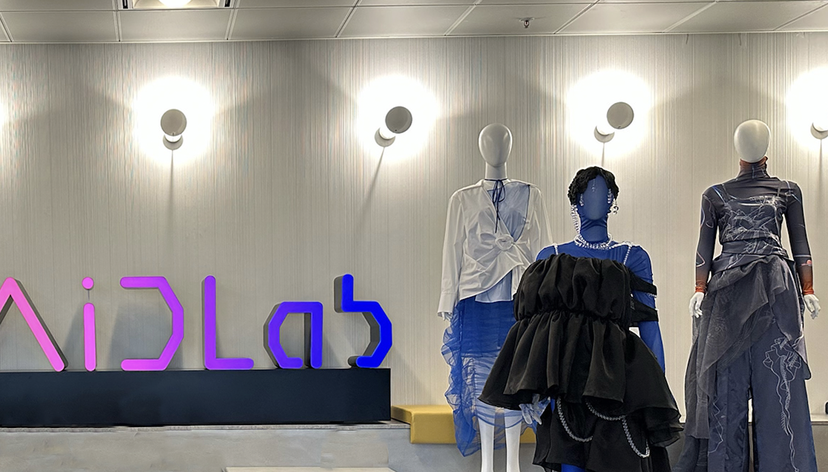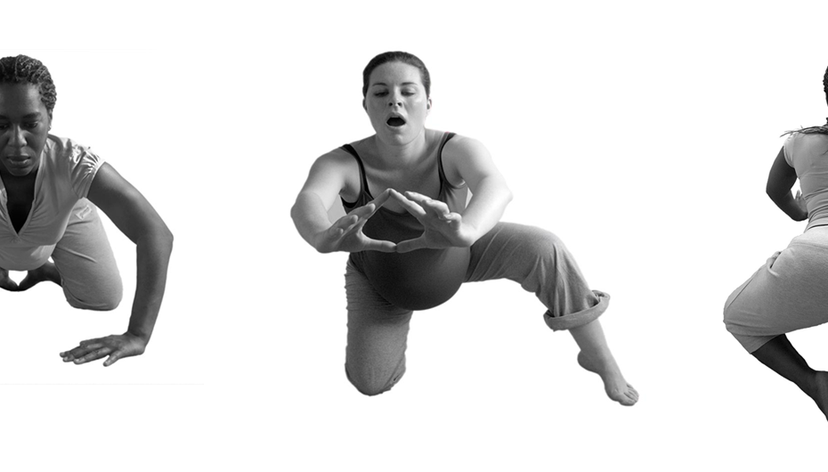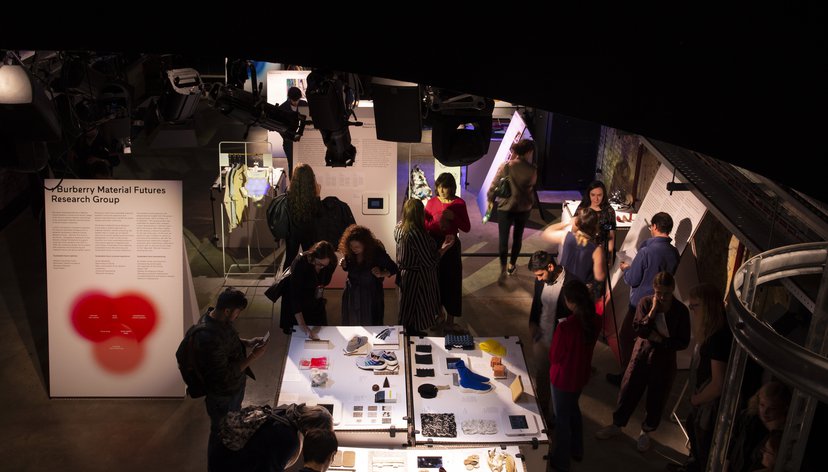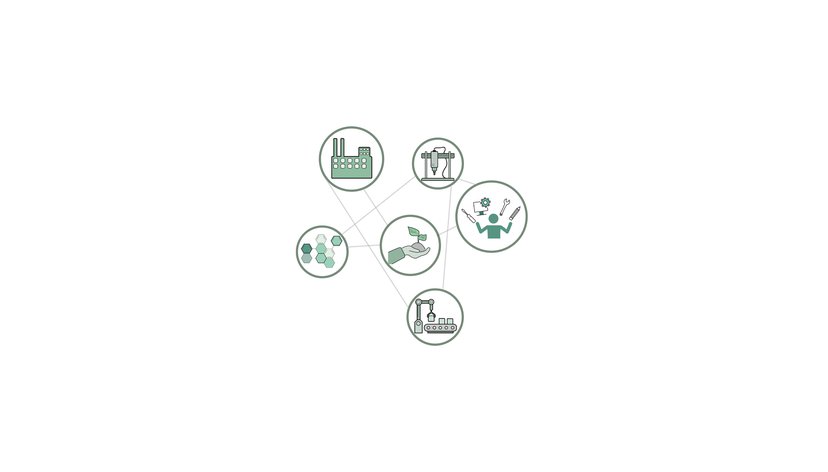
The Network looks at the possibility to replace finite resources with by-products of the food industry from specific geographical locations.
At a glance
- The Brazil-UK Network connects an interdisciplinary group of researchers from materials science, human behaviour, design, manufacturing models and service industry (chefs).
- The project explores processes to transform local food industry by-products into circular materials.
- The network establishes a collaboration across continents to share best practice in natural polymer research.
Key details
Gallery
More information
The challenge
Based on the ‘locally productive and globally connected’ principle of the Fab City we are seeking to map locally available bio-based materials in Brazil and the UK that demonstrate potential for a circular economy of resources.
We are seeking new processing technologies that can transform these resources into new materials for multiple applications, from textiles, medical and apparel products. The Network is formed by the Materials Science Research Centre, Universidade de São Paulo, Centro Universitário Belas Artes de São Paulo and Instituto Pesquisas Tecnológicas do Estado de São Paulo funded by the British Academy Global Challenges Research Fund. Other Brazilian intuitions are involved as collaborators; amongst them is included the São Paulo State Secretary for Inclusion and Social Development.
Our approach
The project launched in February 2020 with a visit and workshops in São Paulo, Brazil. In that occasion, the following activities were conducted:
- Visits to all core partner institutions
- Workshops for kicking off research activities
- Visits to potential partners in industry and policy making to develop further local links
- Seminar with presentations from the core network team, and students’ projects selected by the network, to engage broadly with academics, industry and community
- Initiated student projects in order to integrate the educational element to the network activities
Team
Ask a question
Get in touch to find out more about our research projects.
[email protected]

